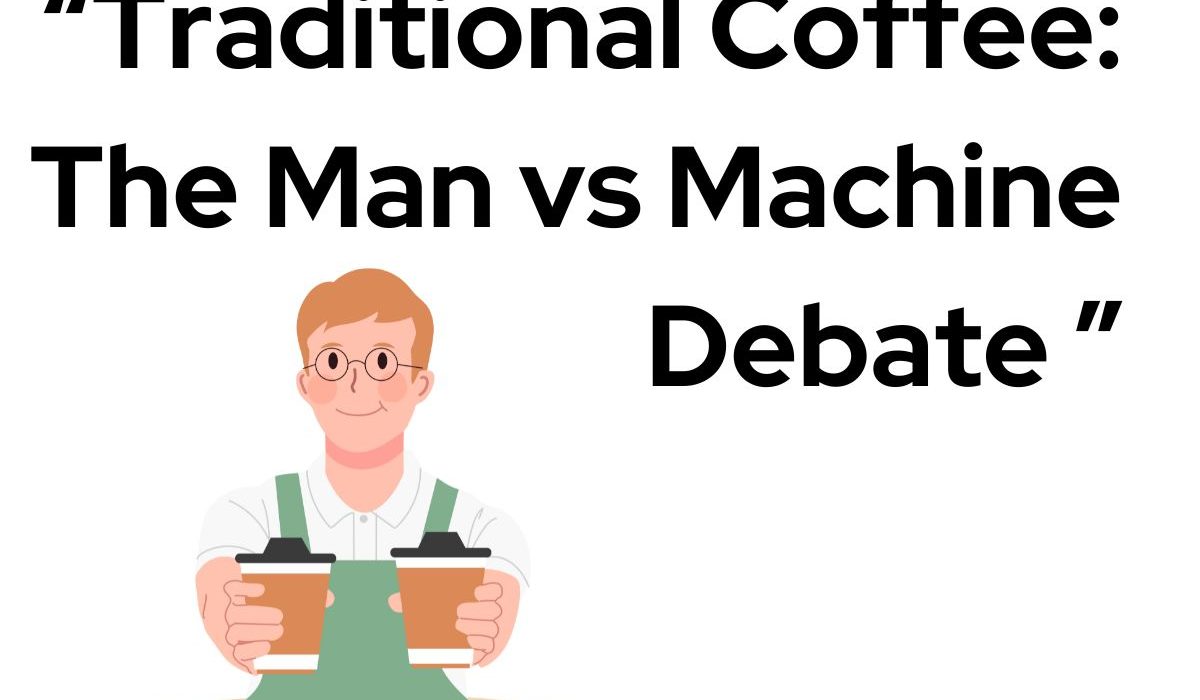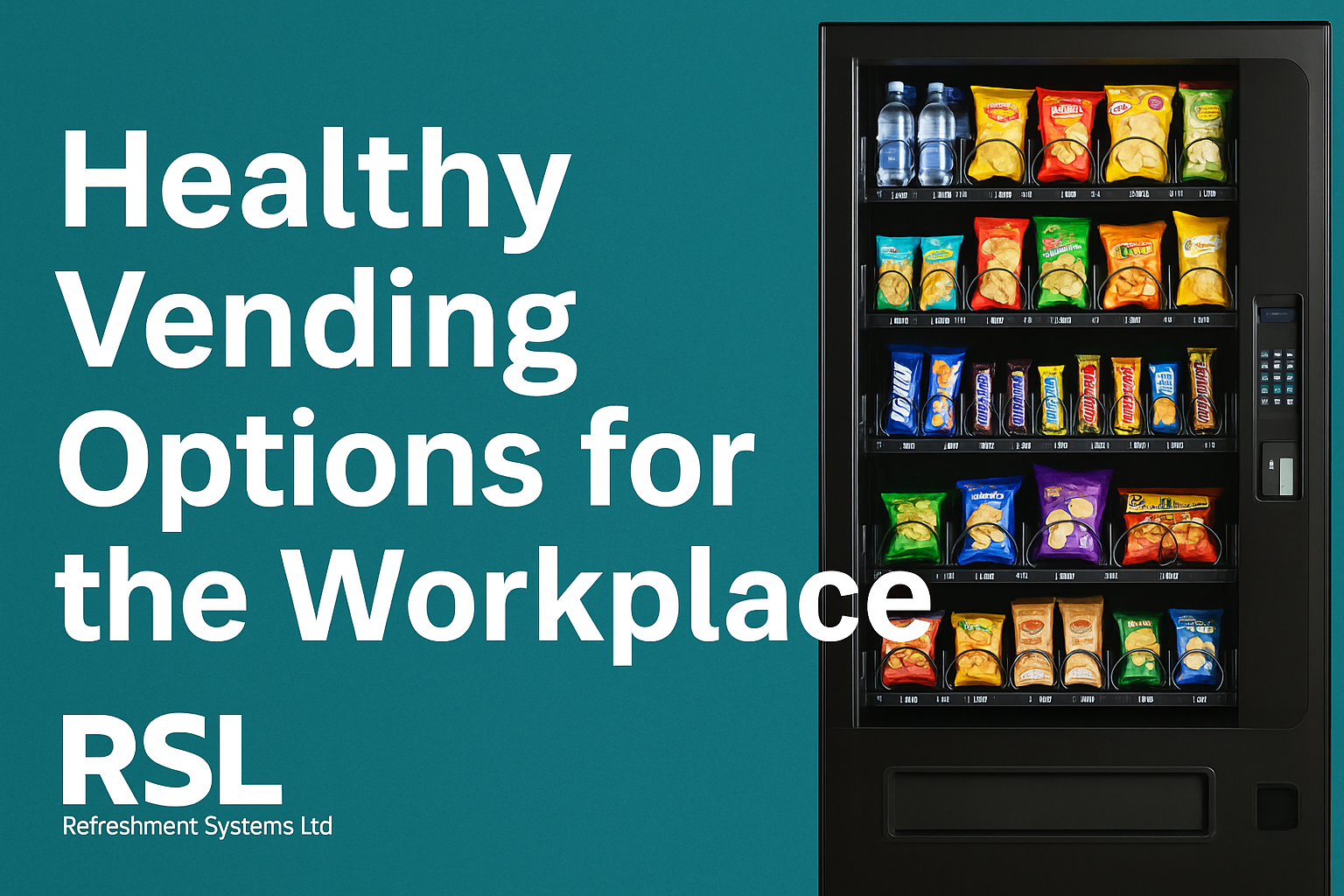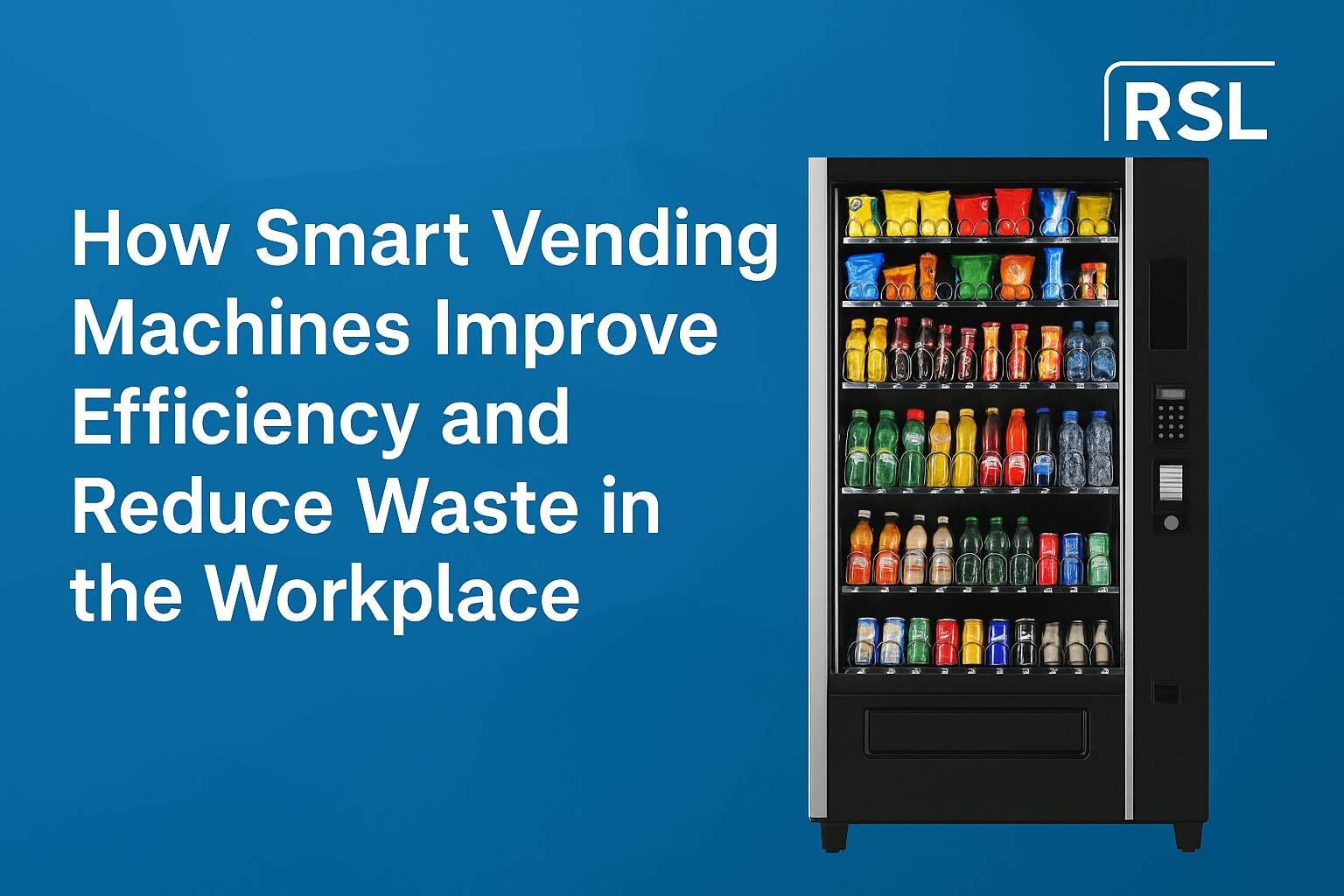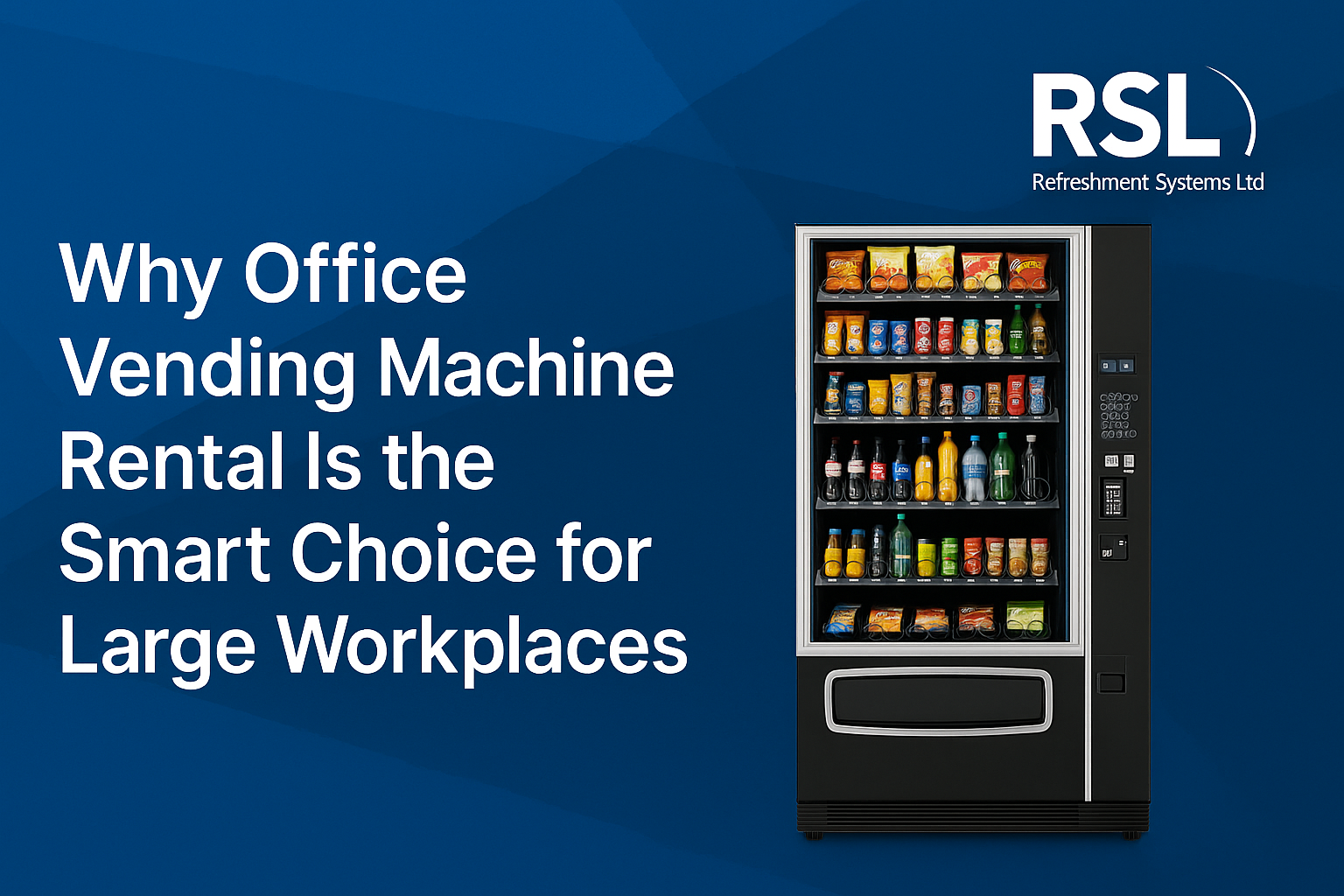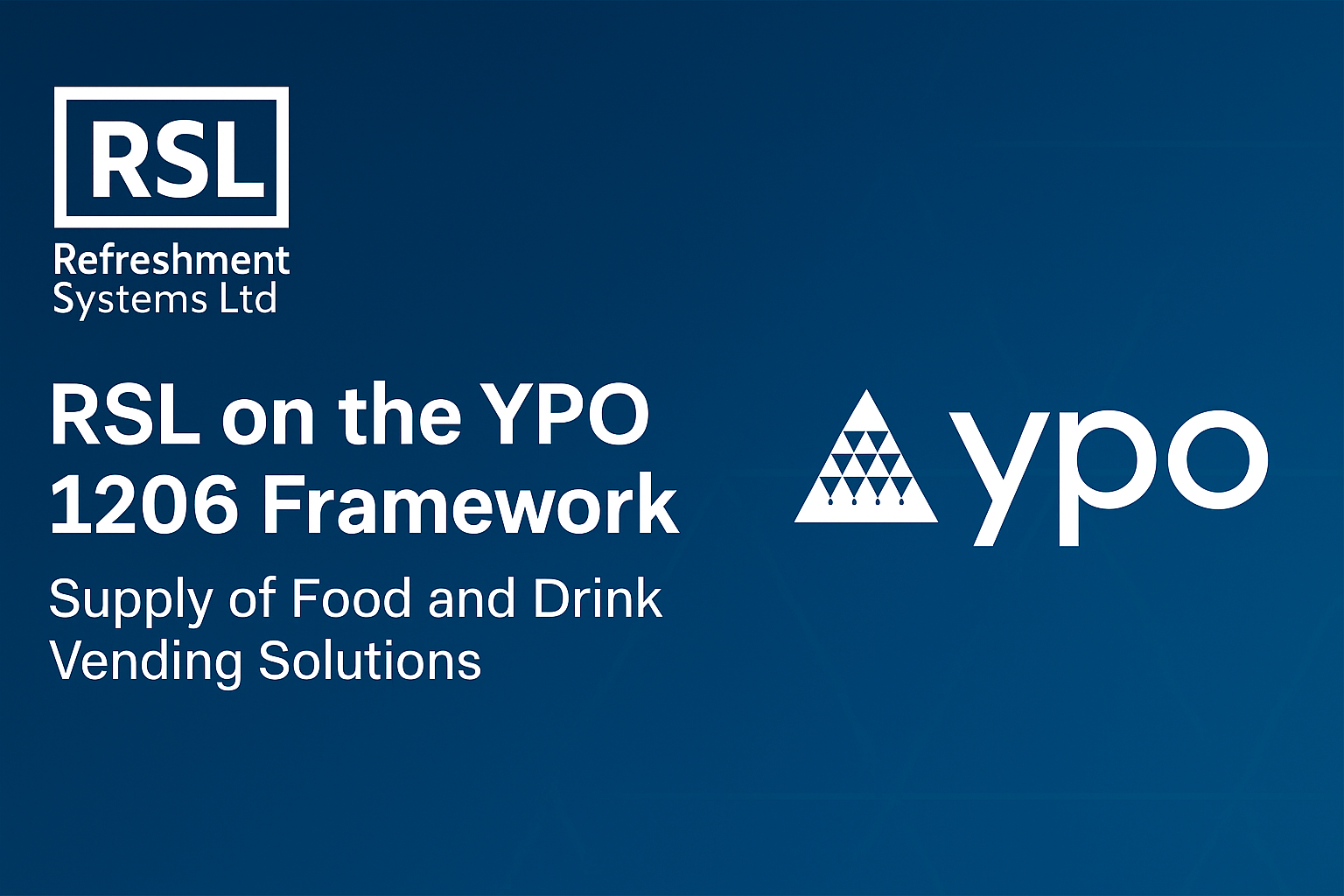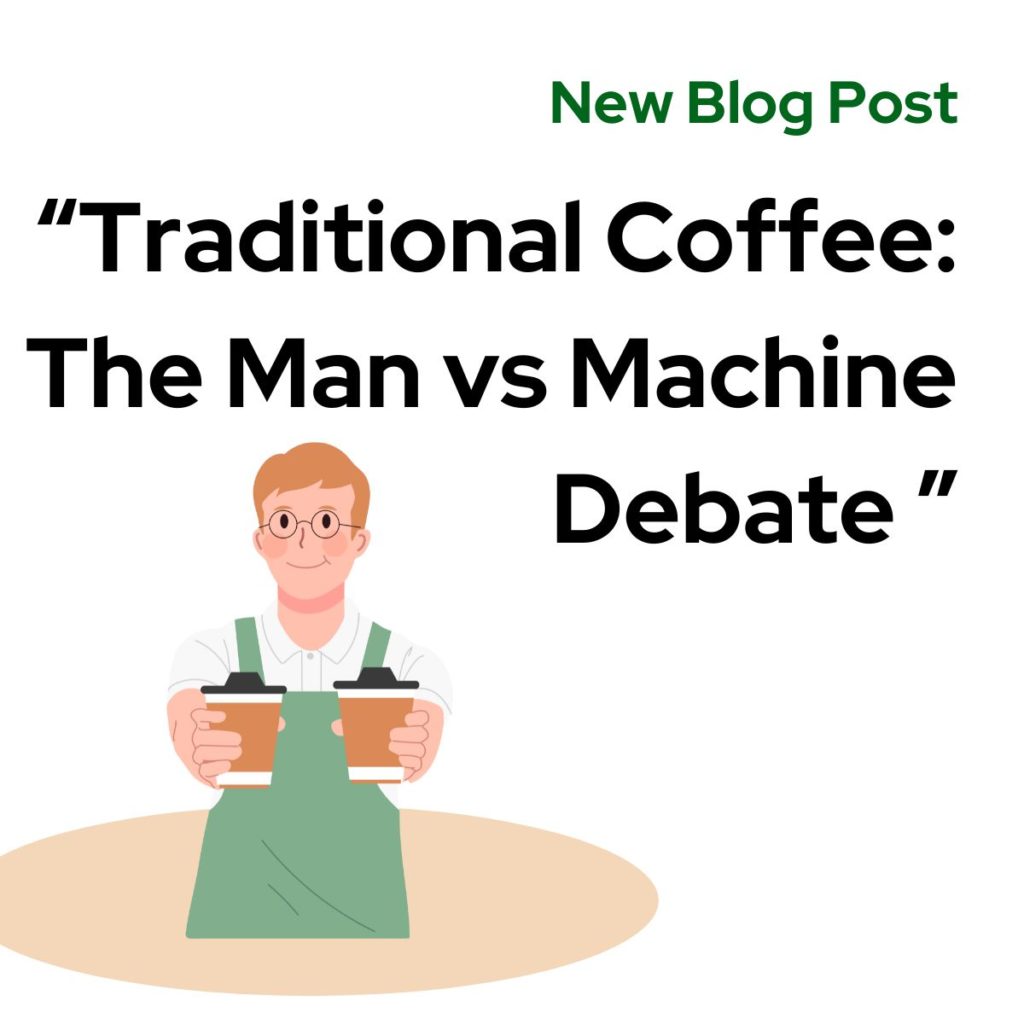
The world of coffee is steeped in tradition, but it’s also been significantly shaped by technology. For centuries, the process of brewing coffee was a manual affair, requiring skill, patience, and an intimate understanding of the beans. However, the advent of coffee machines has transformed this ritual, making it more accessible to the masses while also sparking a debate: can machines truly replicate, or even surpass, the quality of a traditionally brewed coffee by a skilled barista? In this blog post, we’ll explore the nuances of this debate, examining the pros and cons of both traditional and machine-brewed coffee, and ultimately considering whether technology has a place in the art of coffee-making.
1. The Art of Traditional Coffee Making
Traditional coffee brewing is often regarded as an art form. It’s a process that demands attention to detail and a deep understanding of the coffee bean.
- Manual Methods: Traditional methods like the French press, pour-over, and espresso require a hands-on approach. Each method allows the brewer to control variables such as water temperature, brewing time, and grind size, which can significantly impact the flavour profile of the coffee.
- Skill and Experience: A skilled barista or coffee enthusiast can fine-tune these variables to bring out the best in a particular coffee bean. The process is often iterative, with adjustments made based on taste and aroma. This level of personalisation and expertise is something that many coffee lovers value.
- Connection to the Craft: For many, the act of manually brewing coffee is more than just a means to an end; it’s a ritual. The sensory experience of grinding beans, the aroma of coffee as it brews, and the satisfaction of crafting the perfect cup all contribute to a deeper connection with the beverage.
2. The Rise of Coffee Machines
Coffee machines have become ubiquitous in homes, offices, and cafes around the world. They promise consistency, convenience, and speed, but can they deliver the same quality as traditional methods?
- Automation and Consistency: One of the primary advantages of coffee machines is their ability to produce a consistent cup of coffee every time. Machines like the espresso machine, drip coffee maker, and pod-based systems are designed to automate the brewing process, ensuring that the coffee is brewed at the correct temperature and time without requiring constant attention.
- Speed and Convenience: Coffee machines have drastically reduced the time and effort required to brew a cup of coffee. This is particularly beneficial in busy environments like offices and cafes, where speed is essential. Machines can brew multiple cups in quick succession, something that would be challenging with traditional methods.
- Technological Advancements: Modern coffee machines are equipped with advanced features such as programmable settings, grind size adjustments, and temperature control, allowing users to customise their coffee to a certain extent. Some machines even use AI to learn user preferences and adjust brewing parameters accordingly.
3. The Taste Test: Man vs Machine
When it comes to taste, the debate between traditional coffee and machine-brewed coffee is highly subjective. Both methods have their proponents, and each offers a unique flavour experience.
- Traditional Brewing: Advocates of traditional coffee brewing argue that manual methods allow for greater control over the brewing process, resulting in a more nuanced and personalised cup of coffee. For example, the pour-over method is known for producing a clean and bright cup, while the French press offers a full-bodied, robust flavour.
- Machine Brewing: On the other hand, high-quality coffee machines, particularly those used in professional settings, can produce excellent results. Espresso machines, for instance, are capable of extracting rich, concentrated coffee that serves as the base for a variety of drinks like lattes and cappuccinos. While some argue that machines lack the “soul” of a hand-brewed coffee, others appreciate the consistency and efficiency they offer.
- Blending the Two: It’s worth noting that many baristas use a combination of both traditional techniques and machines to achieve the best results. For example, a skilled barista might manually grind beans and tamp them for an espresso shot, but then rely on a machine to extract the espresso at the perfect pressure and temperature.
4. The Role of the Barista
In the world of coffee, the barista plays a crucial role, whether they are using traditional methods or modern machines.
- Craftsmanship and Expertise: Baristas are often seen as craftsmen, possessing a deep knowledge of coffee beans, brewing techniques, and flavour profiles. Even when using machines, their expertise is essential in calibrating equipment, adjusting settings, and ensuring that each cup of coffee meets a high standard.
- Customer Interaction: Beyond their technical skills, baristas also add value through their interaction with customers. They can offer recommendations, customise drinks, and create an experience that machines alone cannot replicate.
- Adaptability: The best baristas are adaptable, able to switch between different brewing methods depending on the needs of the customer and the type of coffee being served. This versatility is key in delivering a consistently excellent product.
5. The Aesthetic and Emotional Appeal
There’s an undeniable aesthetic and emotional appeal to traditional coffee brewing that machines struggle to replicate.
- The Ritual: For many, the process of making coffee by hand is a cherished ritual. It’s a moment of mindfulness in an otherwise busy day, where the focus is solely on crafting the perfect cup. This connection to the process can make the final product taste even better, as it’s infused with the care and attention of the brewer.
- Aesthetic Value: Traditional coffee-making equipment, such as a sleek espresso machine or a beautifully designed pour-over set, can also serve as a focal point in a kitchen or cafe. These tools not only produce great coffee but also add to the overall aesthetic experience.
- Emotional Connection: Many people have fond memories associated with traditional coffee brewing, whether it’s a family tradition of making coffee together or the sensory experience of grinding fresh beans in the morning. This emotional connection can enhance the overall enjoyment of the coffee.
6. The Future of Coffee: A Hybrid Approach?
As the coffee industry continues to evolve, we may see a blending of traditional and modern approaches to coffee making.
- Technological Integration: Some of the latest coffee machines are designed to combine the best of both worlds, offering automation and consistency while still allowing for manual adjustments. For example, machines with manual override functions let users control brewing parameters like water flow and temperature, giving them the flexibility to experiment with different methods.
- Sustainability Considerations: With the growing focus on sustainability, there’s also a movement towards more eco-friendly coffee practices. This includes using machines that are energy-efficient and designed to minimise waste, as well as supporting traditional methods that involve less packaging and resource consumption.
- Personalisation and Customisation: The future of coffee may also see a greater emphasis on personalisation, with machines that can learn and adapt to individual preferences. This could involve customisable settings for grind size, water temperature, and brewing time, allowing users to create a cup of coffee that’s perfectly tailored to their tastes.
The debate between traditional coffee brewing and machine-brewed coffee is ultimately a matter of personal preference. Each method has its own merits, and the choice often comes down to what the individual values most—whether it’s the artistry and connection of traditional brewing, or the convenience and consistency of modern machines.
In many cases, the best approach may be a hybrid one, combining the precision of machines with the craftsmanship of manual methods. Whether you’re a coffee purist who loves the hands-on experience of brewing your own coffee, or someone who appreciates the speed and efficiency of a high-quality machine, there’s no denying that both approaches have a place in the world of coffee. As technology continues to advance and consumer preferences evolve, we can expect the coffee industry to keep innovating, offering new ways to enjoy this beloved beverage.
